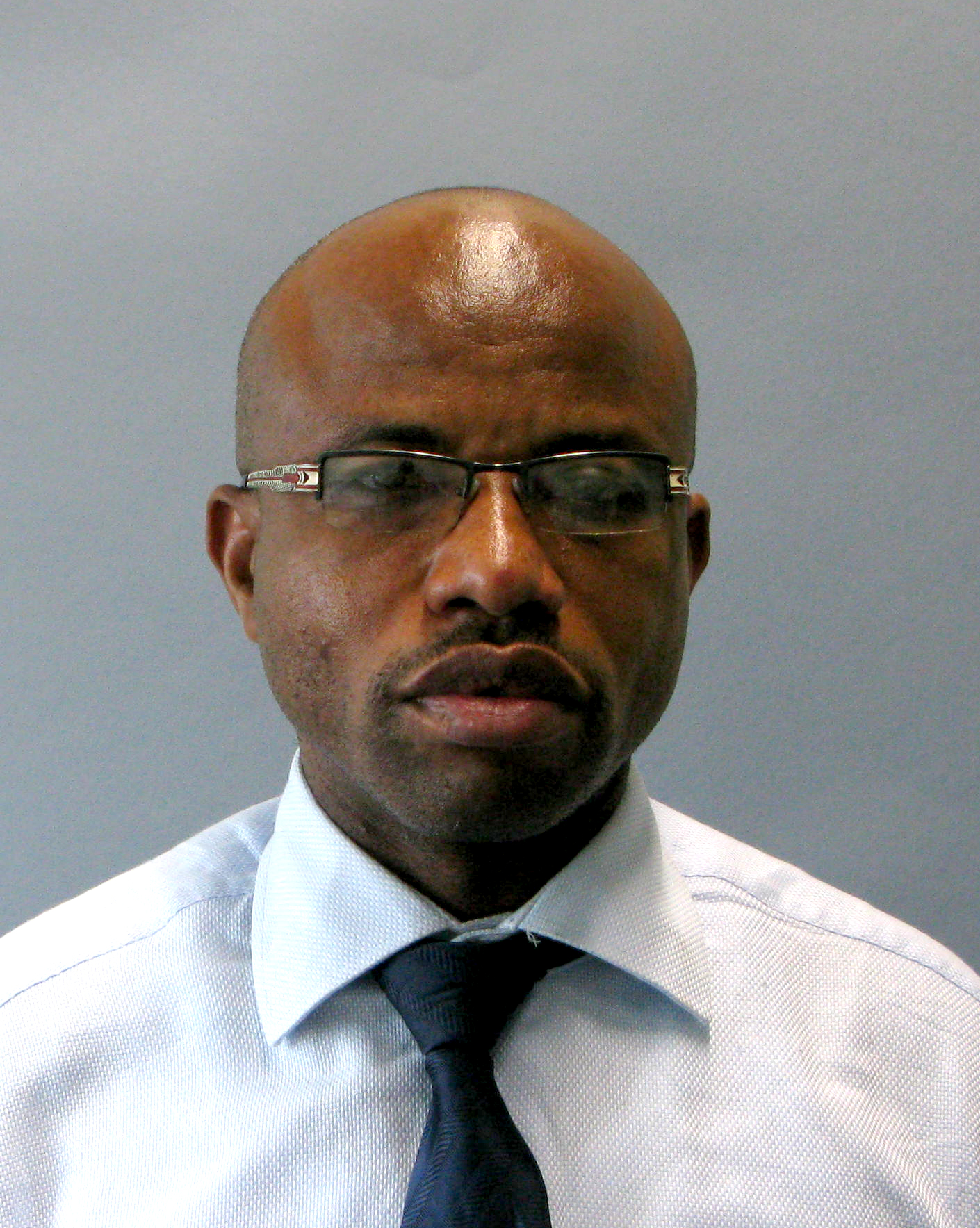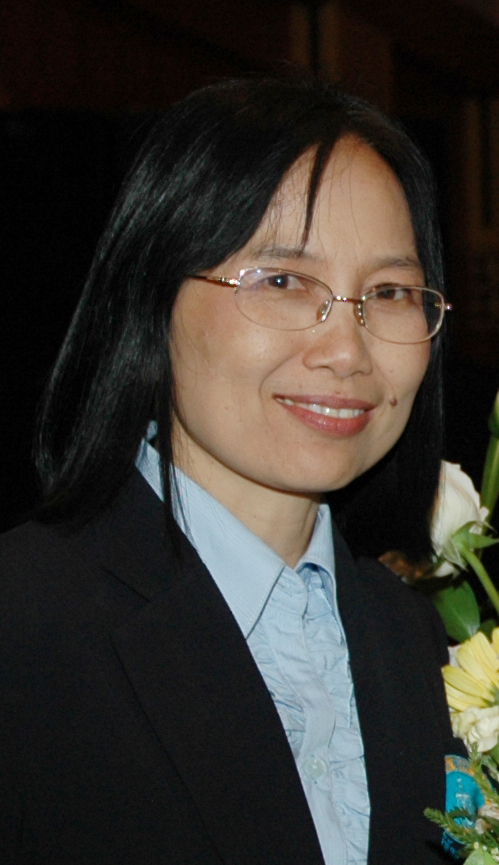The goal of the IUSSP Panel on Family Demography in Developing Countries is to promote exchange between professionals and students interested in demographic and health issues related to intergenerational relationships and exchanges in low-and middle-income countries.
The IUSSP Panel on Family Demography in Developing Countries, in collaboration with the University of Southampton, will be organising three cyberseminars in 2014-2015. Funded by the Economic and Social Research Council (ESRC), UK, the overarching aim of the cyberseminars is to facilitate policy relevant research and extend the contribution of demography to understanding intergenerational relationships and support in low-and middle-income countries.
Intergenerational relations involve the exchange of material, instrumental, and emotional support across the life course and family life cycle. Parents are sources of support to their children but can become recipients of support, especially at the oldest ages. Older parents around the world rely most often on their adult children for financial support and care, and adult children increase contact and even become coresident when parents experience losses, such as widowhood, or declines in health. Amidst dramatic changes in family structure and residential mobility, the extent to which this family lifecycle of intergenerational support is realized is uncertain. Economic uncertainty and the relative absence of public safety nets in poor settings in the global south heighten the policy relevance of understanding and addressing these issues.
International Cyberseminar 1: Family demography: Advancing knowledge about intergenerational relationships and exchanges in low and middle-income countries.
9-10 January 2014
Cyberseminar 2: How are family dynamics in low- and middle-income countries affecting intergenerational support and can policies promote positive support in resource-poor settings? (2014)
Cyberseminar 3: New directions in the demographic study of intergenerational networks and the health and wellbeing of families in low- and middle-income countries (2015)


